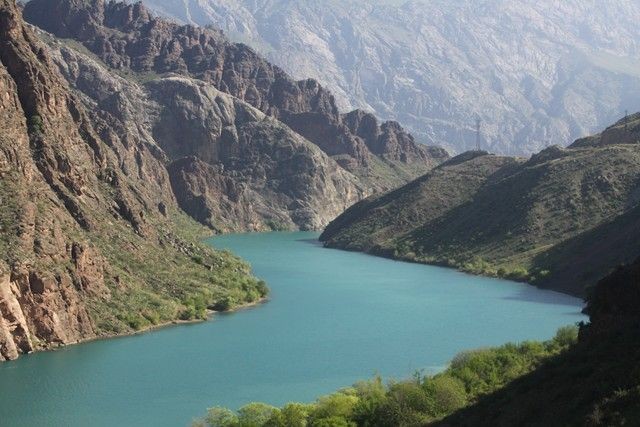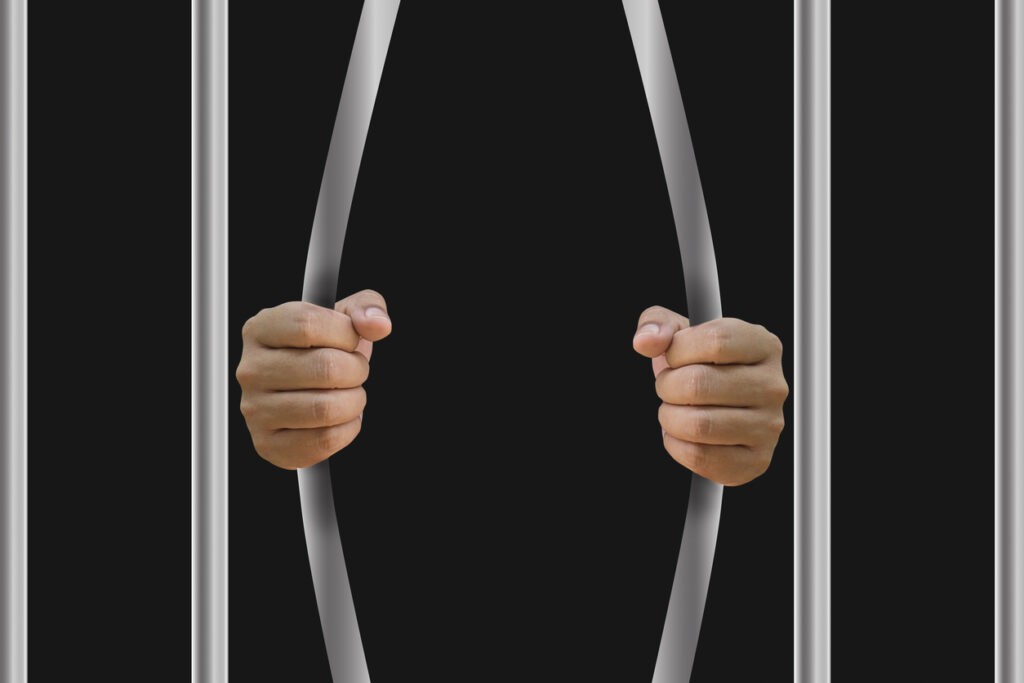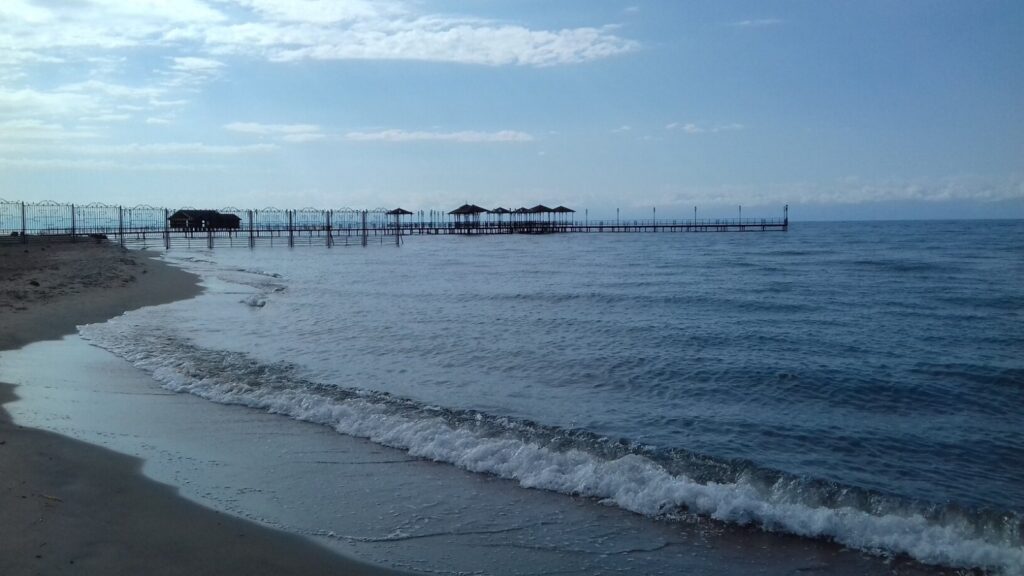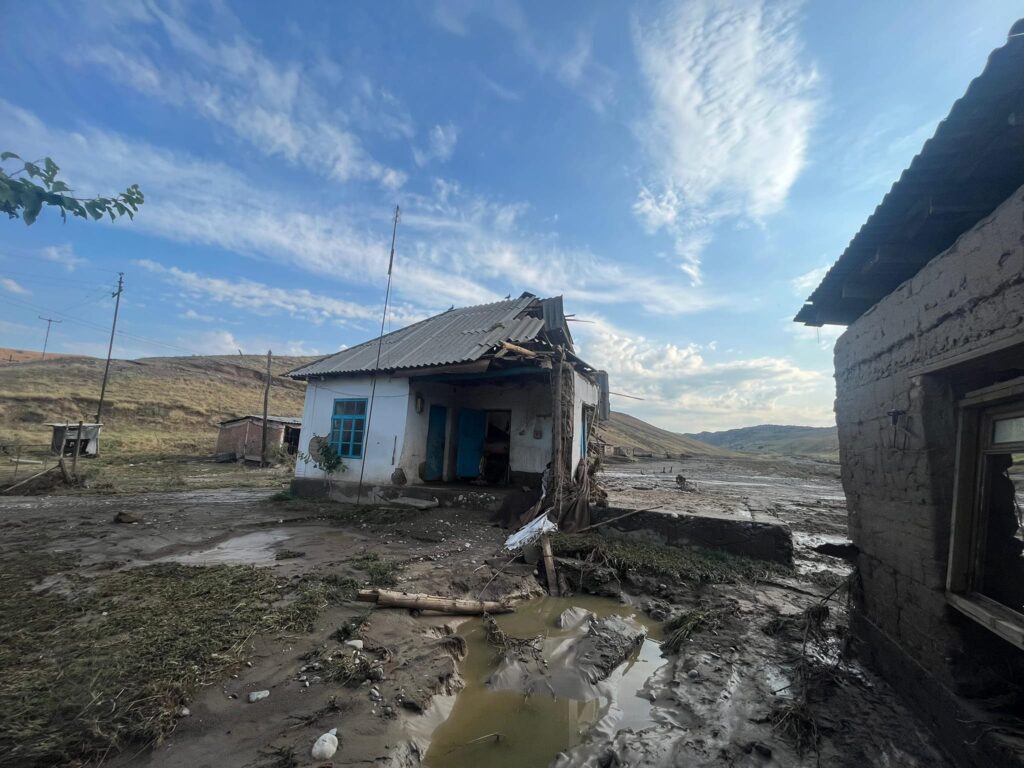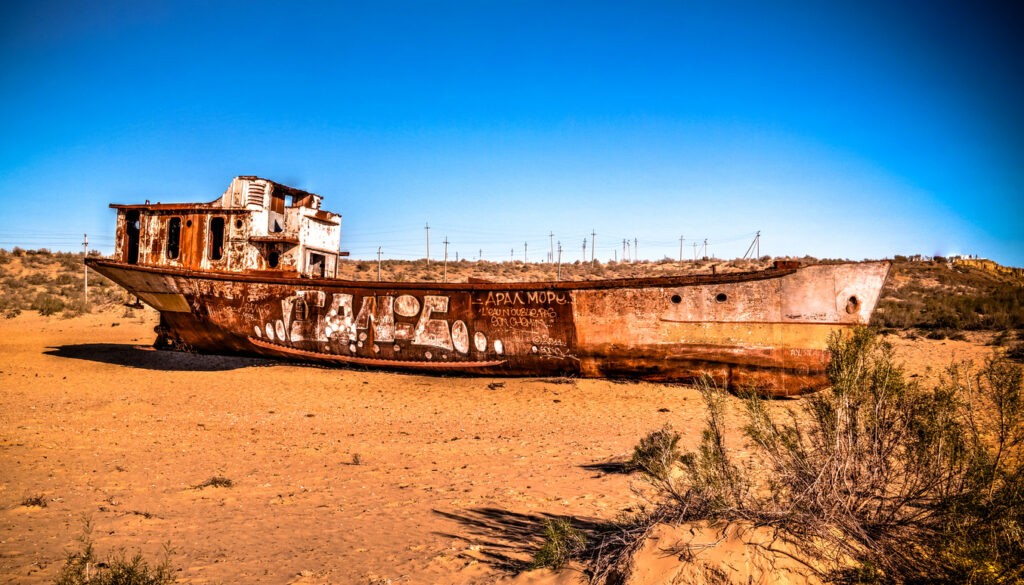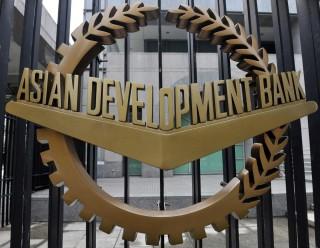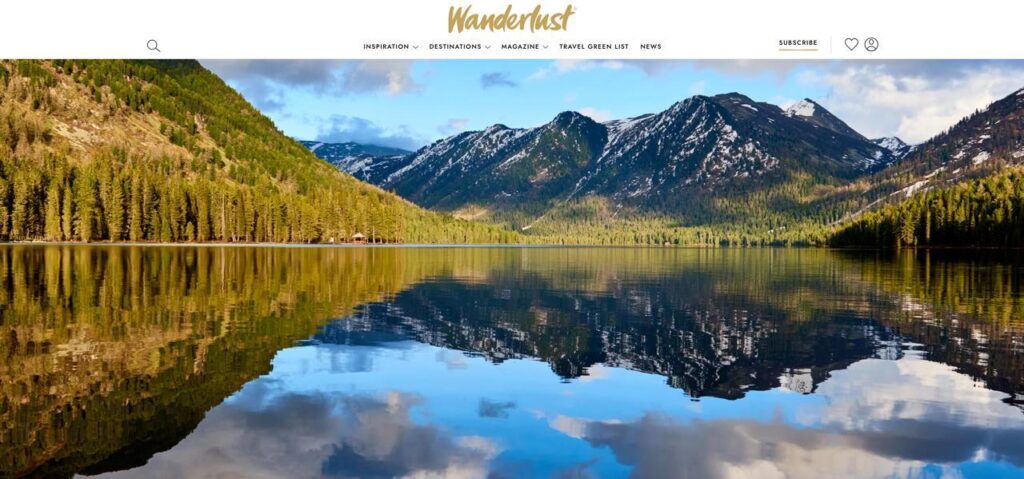NUR-SULTAN (TCA) — The European Union renewed the project “European Union – Central Asia Water, Environment and Climate Change Cooperation” (WECOOP) in October 2019. It is the third phase of the project and the new phase is intended to run for three years, the Delegation of the European Union to Kazakhstan said on October 22.
The project aims to enhance environment, climate change and water policies at national levels in Central Asia through approximation to EU standards and to promote investments in relevant sectors with the aim of contributing to measurable reductions in man-made pollution, including CO2 emission.
The project activities will include support to the EU-Central Asia Platform for Environment and Water Cooperation and the EU-Central Asia Working Group on Environment and Climate Change (the WGECC). The latter includes representatives of the European Commission’s Directorates General for Environment and Climate Action and is currently chaired by the Italian Ministry for the Environment, Land and Sea.
The priorities for the Platform were first agreed at the third EU-Central Asia High-Level Conference in Rome in 2009 and subsequently confirmed at the High-Level Conferences in Bishkek (2013) and Milan (2015). Most recently, the EU–Central Asia High-Level Conference on Environment and Water Cooperation held in Tashkent on 24-25 January 2019 identified the following priority areas for consultations and cooperation: a) environmental governance, circular economy and sustainable consumption and production; b) climate change adaptation and mitigation; c) water resources management.
WECOOP will support the development, effectiveness and visibility of the Platform through regular high-level meetings and joint expert working groups or other ad-hoc events.
